
By Ernest TSIFODZE
One of the powerful country statements is ‘The American Dream’. The American dream embodies the belief that regardless of race, creed, religion, background, sex, or country of origin, anyone can achieve greatness upon arriving in America.
The nation’s systems and structures facilitate the journey of purpose-driven individuals toward success. Dreams, however, hold different meanings for different people. For some, it represents personal freedom; for others, financial independence. For many, it signifies community impact.
This leads us to an intriguing narrative: The African Dream. The ‘African Dream’ is alive and well, supported by the pillars of self-determination, prosperity, youth empowerment, and a cultural renaissance. While Agenda 2063 of the African Union aims to promote these ideals, numerous African nations have taken significant strides to translate these conversations into actionable development plans.
Currently, Africa’s population stands at an impressive 1.5 billion. The continent boasts a youthful demographic, with a median age of 19.4 years, and over 60percent of African youth under the age of 25 according to the UNFPA (2023).
Furthermore, the World Bank (2023) highlights that 41percent of the African population is under 15, with an additional 19percent aged 15-24. This demographic reality places African youth in a prime position to rewrite their narratives and forge the future they envision.
In Ghana, the projected population is approximately 36 million by 2025, as estimated by the Ghana Statistical Service. Notably, 57percent of this population is under 25 years old (UNFPA, 2023), with a median age of 21.5 years—making Ghana one of the youngest countries globally, according to the United Nations Department of Economic and Social Affairs (2023). This youthful demographic presents a unique opportunity for Ghana to harness the potential of its young people, fostering a vision for development that resonates with their aspirations and contributions to society.
But has this been the case?
According to the African Youth Survey in 2024, 62percent of Ghanaian youth have expressed a desire to seek greener pastures due to economic constraints and unemployment. This raises a critical question: how can a country endowed with abundant resources face such a staggering departure of its youth in search of better opportunities?
The bottom line is leadership
Today, the Golden Gates of Europe, America, and other parts of the world are increasingly closing to immigrants. Visa restrictions and deportation drives have become common. The geopolitical landscape surrounding immigration is highly politicized and varies across regions. However, these measures often prioritize the interests of citizens in those countries. On a broader scale, they aim to achieve economic prosperity, enhance security, and prevent cultural erosion.
The United Nations Department of Economic and Social Affairs (UN DESA) reported in 2019 that approximately 970,600 Ghanaians left the country. Among them, 466,000 settled in West Africa, 161,082 moved to the United States, while Europe received about 283,000. Projections suggest that the figures could rise to between 1.1 to 1.3 million by May 2025.
The Ghana Registered Nurses and Midwives Association (GRNMA) revealed a troubling trend, noting that over 6,000 nurses relocated to foreign countries between 2021 and 2023. In just the first three months of 2022, more than 3,000 nurses migrated, primarily due to poor salaries and harsh working conditions—a clear example of the severe brain drain occurring within the country.
In the 2023 fiscal year, more than 5,000 F-1 student visas were issued to Ghanaian students wishing to study in the U.S., a significant rise from just 1,500 in 2018. This indicates a growing trend among young people desperate to leave Ghana by any means necessary.
Beyond unemployment and economic hardship, corruption serves as a foundational issue that exacerbates the challenges facing the nation. The 2024 Corruption Perception Index (CPI) by Transparency International revealed that 90percent of African countries scored below 50 out of 100.
This grim statistic highlights the breadth of corruption across the continent. In Ghana, corruption continues to be a significant threat, with scores of 42 out of 100 in 2024, down from 43 out of 100 in 2023. This decline signals a troubling trend.
The World Bank, IMF, and United Nations Economic Commission for Africa (UNECA) estimate that illicit financial flows amount to an alarming US$88.6 billion annually, with Ghana contributing around 4-5percent of that figure—roughly US$3 billion.
So, what is the solution to these systemic issues?
It is still leadership
It would be unfair to claim there have been no efforts in Ghana to address these pressing issues. On a continental scale, there are notable initiatives focused on job creation.
For instance, the African Development Bank’s (AFDB) Job for Youth in Africa Strategy aims to create 25 million jobs and benefit 50 million youth by 2025 through various skill-building programs. Additionally, the African Union’s (AU) #1MillionNextLevel Initiative, launched in 2019, seeks to provide tangible opportunities for 300 million African youth by 2030.
In Ghana specifically, the Youth Employment Agency (YEA) has been proactive in promoting job creation through its Graduates in Corporate Support (GRICS) Programme, which aims to employ 20,000 youth. Moreover, the Planting for Food and Jobs (PFJ) initiative has already provided support to 1.4 million beneficiaries in the agriculture sector since its inception in 2017.
Vocational training initiatives, under the Council for Technical and Vocational Education and Training (CTVET), have enrolled 15,000 youth in various technical programs. The National Entrepreneurship and Innovation Programme (NEIP) has played a crucial role in fostering entrepreneurship by providing training, funding, and mentorship to aspiring business owners. Since its establishment in 2017, it has trained over 45,000 entrepreneurs, supported 15,000 startups, and created upward of 100,000 jobs as of 2023.
While these initiatives reflect the vision of our leaders, it’s important to recognize that they alone are insufficient for sustaining a continent projected to double its population by 2050. There is significant work to be done at the individual level by the youth in shaping the Ghana we desire. What manifests at the national level is often a reflection of actions taken at the personal level. To effectively navigate the challenges ahead, we can take inspiration from Bronwyn O’Brien’s concept of the ‘Seven Mountains of Influence’. These are:
- The Mountain of Family
- The Mountain of Education
- The Mountain of Arts and Entertainment
- The Mountain of Media
- The Mountain of Politics
- The Mountain of Economy and Finance
- The Mountain of Religion
If the youth of Ghana aspire to be agents of change, we must select the mountains we want to climb and adopt a mindset geared toward overcoming them.
How do we face these challenges?
First, we need to cultivate progressive foresight. Understanding that the continent’s population will double by 2050 means we must stop reacting to circumstances and instead adopt a proactive stance. By forecasting future trends and reading history, we can better position ourselves to innovate and find solutions for our country.
Second, maintaining a sense of optimism is crucial. Achieving significant progress requires a willingness to think beyond conventional limits. Embracing the “crazy faith” that comes from having inside knowledge of our country’s resources can help us fuel change, allowing us to overcome doubts and build a foundation for success.
Third, we need flexible grit. Commitment to our mission is essential, along with the willingness to explore various approaches to reach our goals. Not everything will work on the first attempt, but with persistence and adaptability, we can navigate challenges while keeping our vision in focus.
Additionally, the development of multi-faceted mastery is important. Generalists—those skilled in multiple areas—tend to thrive. We must move beyond mere talent to acquire skills and, ultimately, expertise. This journey involves mastering diverse competencies that contribute to our ideas and vision.
Finally, collaboration with like-minded individuals is vital. Although the system may present challenges, unity is both necessary and powerful. Our collective strength lies not only in numbers but also in our shared intellect. The future of our country relies on the actions we take today. Mental transformation is more impactful than merely seeking opportunities abroad.
Time and chance are on our side; it’s time to shift our mindset from mere survival to leaving a lasting legacy. 1.5 billion Africans await a savior, and that savior is you. We are not just the future; we are the present, learning from the past and poised to create meaningful change.
>>>the writer is a dynamic leadership facilitator and the founder of Nalike Africa. He is also a published author, having written ‘Life Beyond the Ordinary’ and ‘Minerals for the Mind’. As a dedicated start-up mentor and board advisor, he is committed to empowering individuals and organizations to achieve their potential. Tsifodze is an alumnus of Anant National University in India and Kwame Nkrumah University of Science and Technology in Ghana. Additionally, he furthered his studies at Harvard Business School, where he completed a Certificate Course in Power and Influence for Positive Impact. For inquiries, you can reach him at: [email protected]
The post Youth-centric vision for building the nation we want appeared first on The Business & Financial Times.
Read Full Story
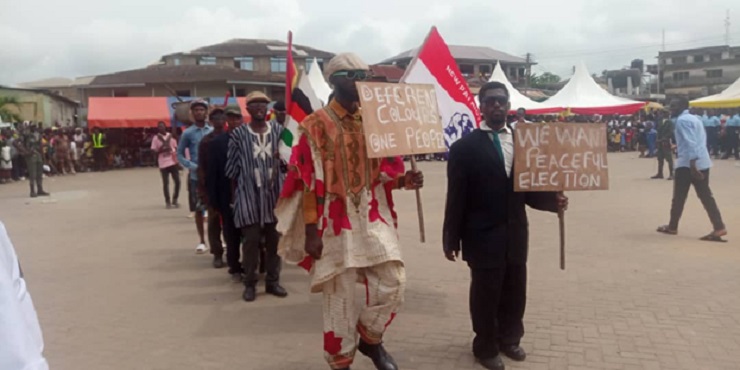
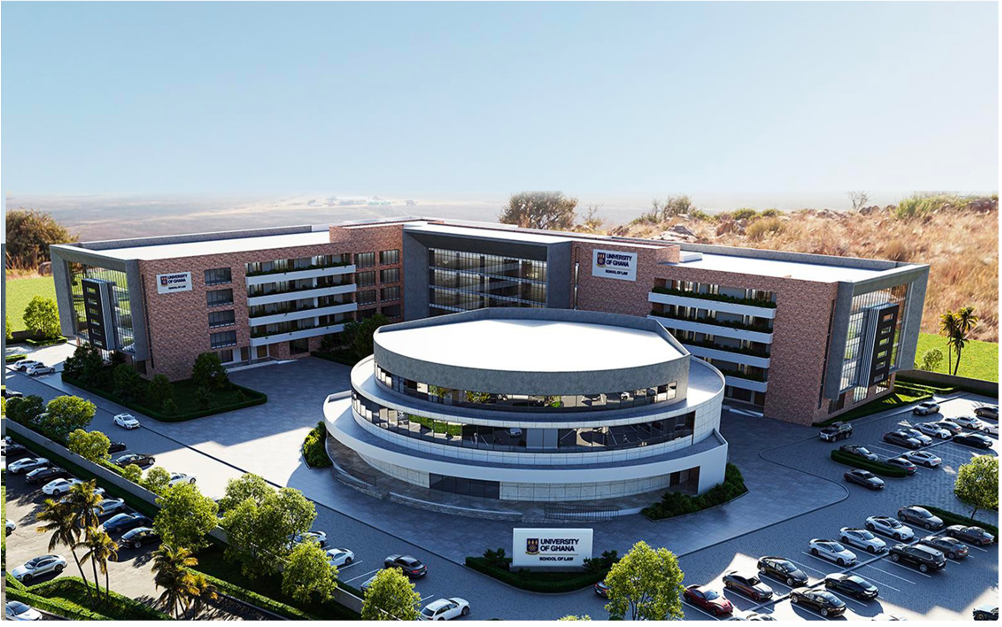
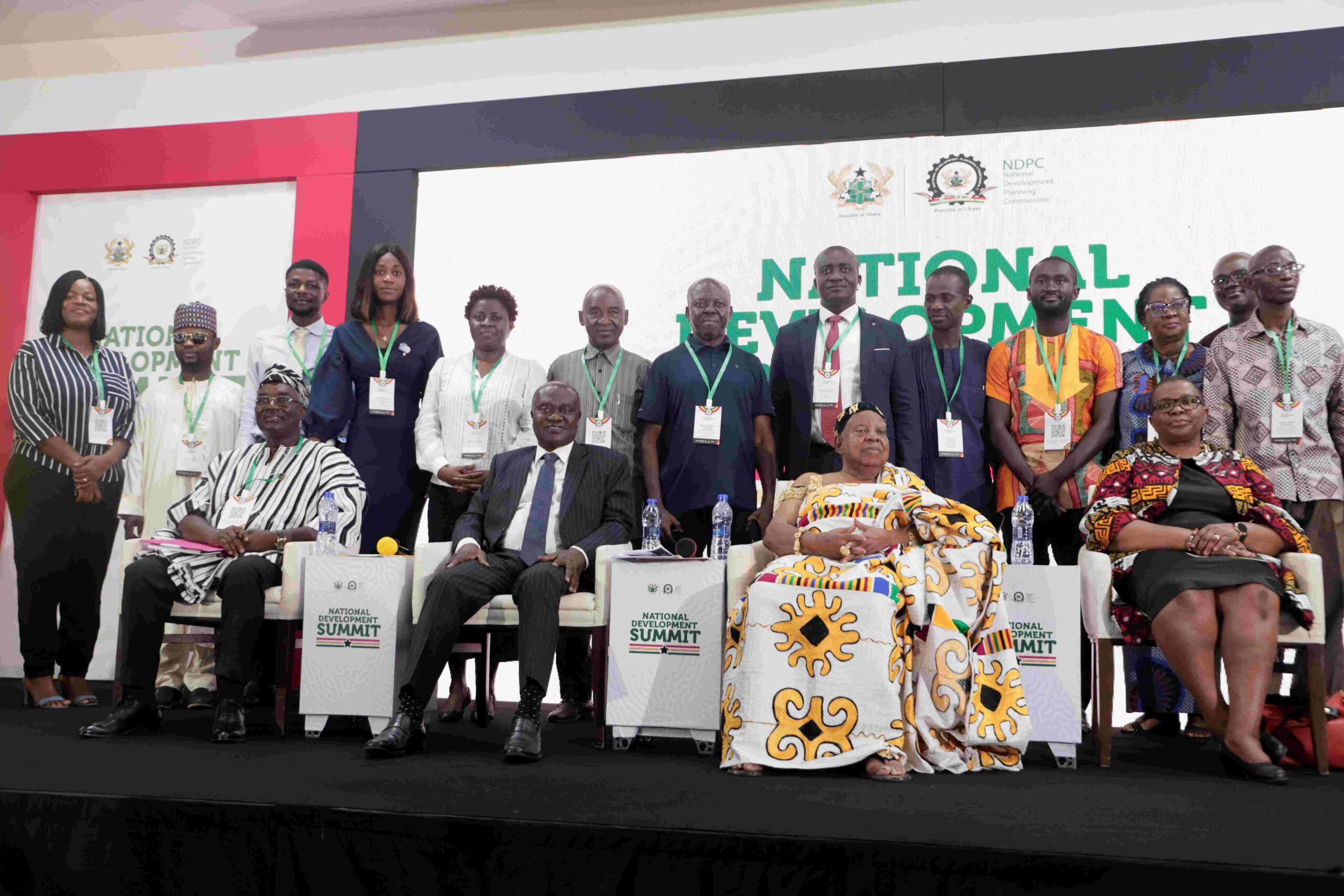

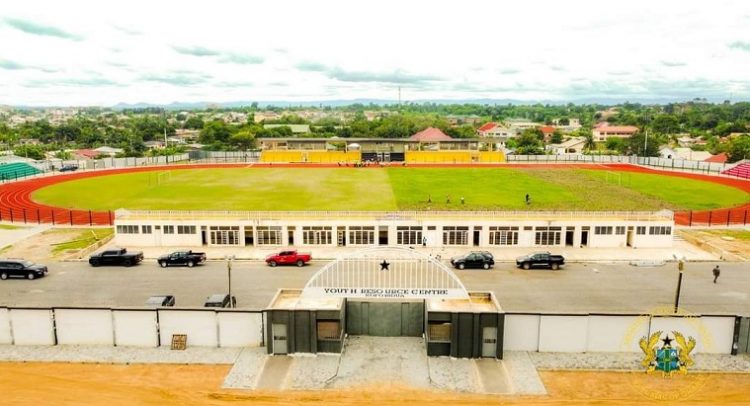
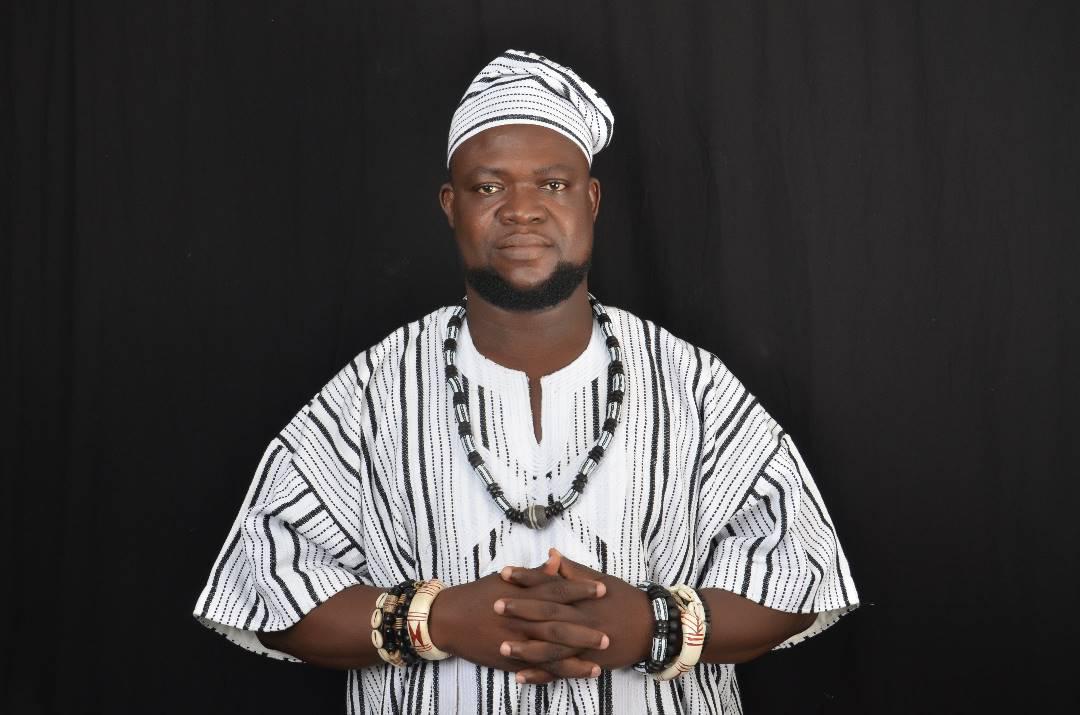
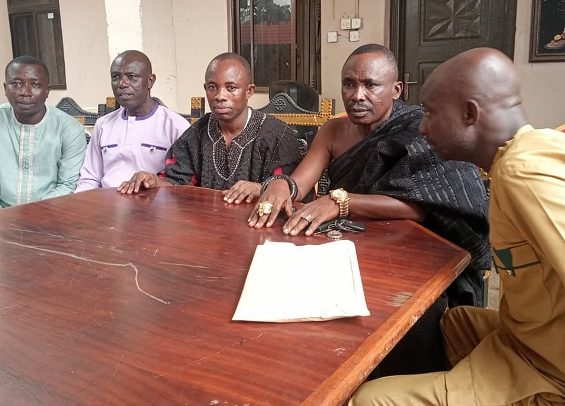

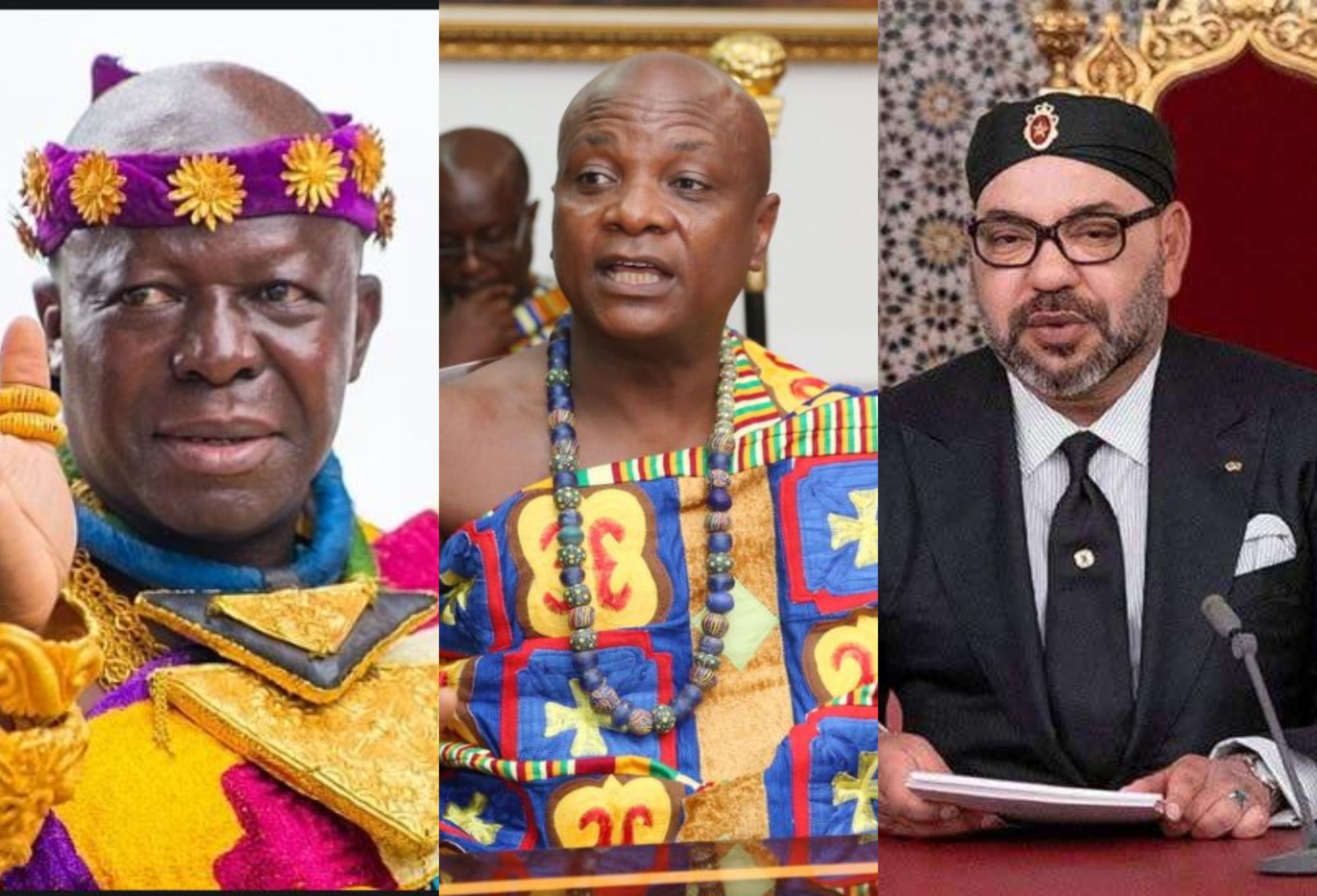

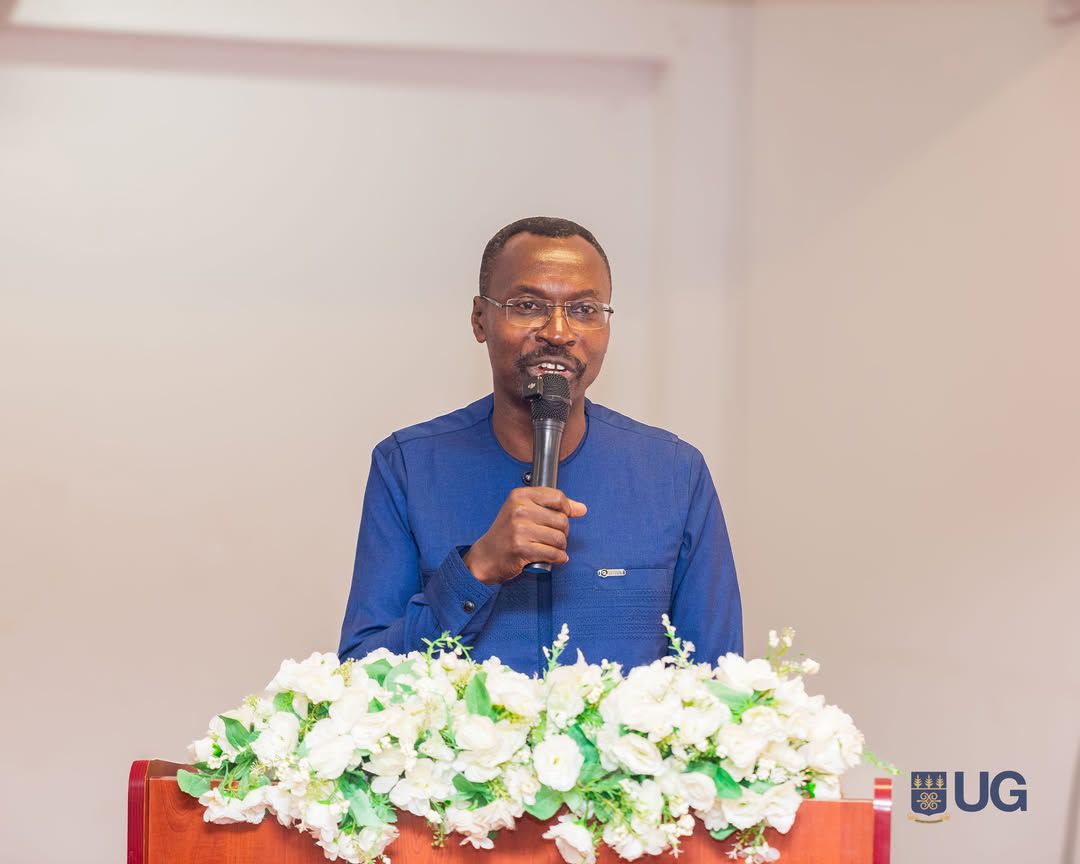
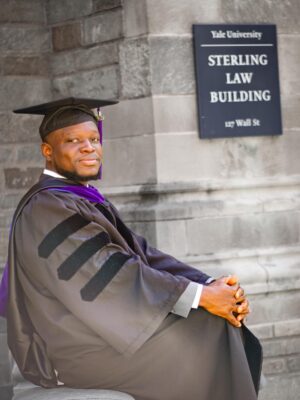
![Dormaahene hails Mahama, vows to carry him at his back if cedi hits GH?8 to $1 [Video]](https://sportal365images.com/process/smp-images-production/pulse.com.gh/01062025/e9150a95-eb04-4066-bf2d-fef977524ffe.png)
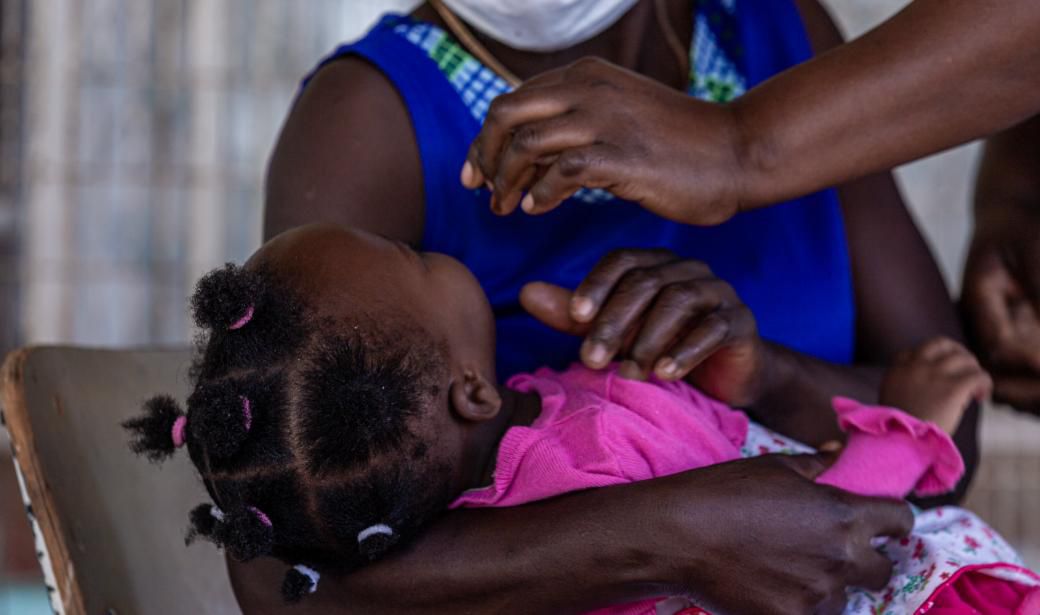
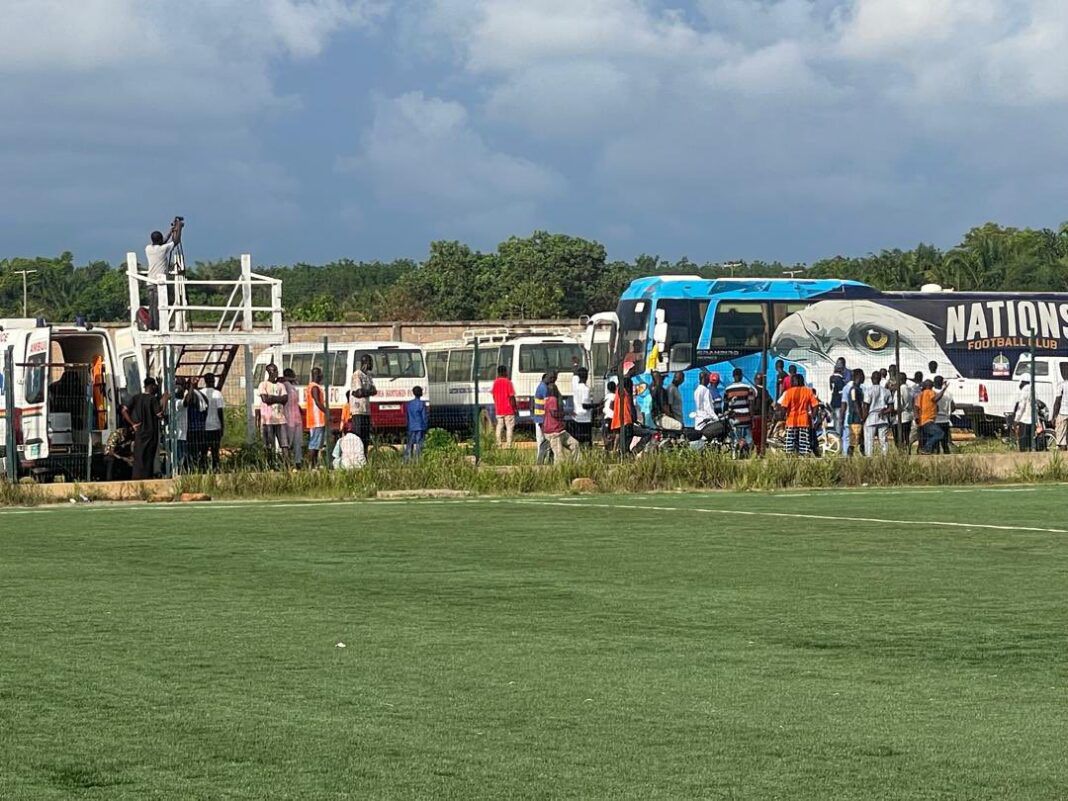
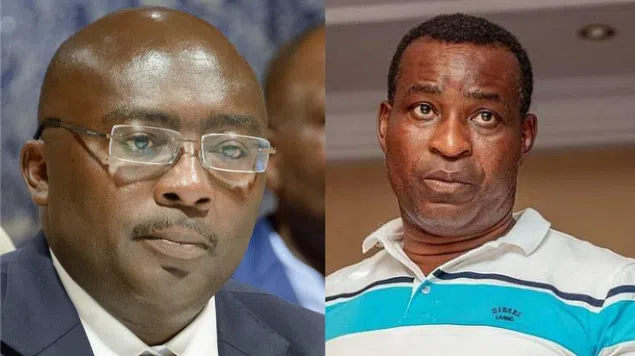

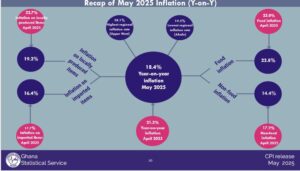

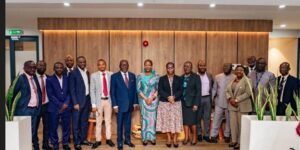
Facebook
Twitter
Pinterest
Instagram
Google+
YouTube
LinkedIn
RSS